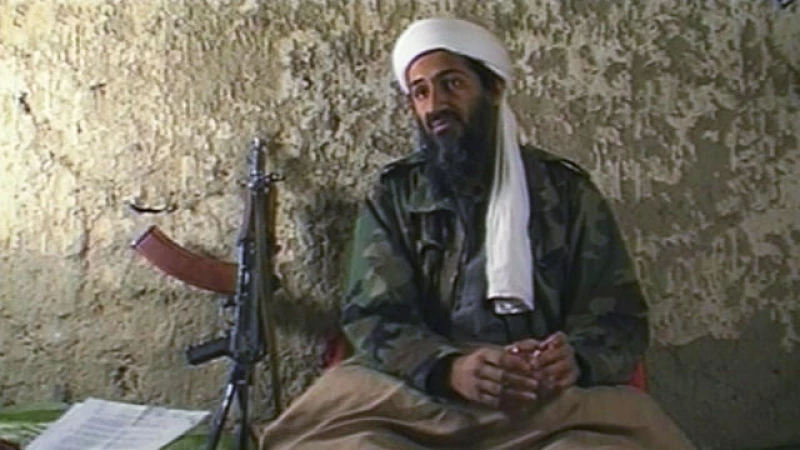TikTok Cracks Down on Posts About Osama bin Laden's "Letter to America"
TikTok, the popular social media platform, has recently taken action to crack down on posts related to Osama bin Laden's infamous "Letter to America." This letter, written by the al Qaeda leader in 2002, attempted to justify the devastating terrorist attacks on September 11, 2001, which claimed the lives of nearly 3,000 people.
In his lengthy letter, bin Laden criticized American military bases in the Middle East and the United States' support for Israel. He argued that the Quran gives permission to seek revenge, stating, "whoever has killed our civilians, then we have the right to kill theirs." Bin Laden also condemned the U.S.'s exploitation of the region's resources, referring to them as "treasures." According to him, violence was the only language that America understood.
With the ongoing Israel-Hamas war, the letter resurfaced on TikTok this week. Several users took to the platform to share their thoughts on how reading the letter changed their perspective on the 9/11 attacks and U.S. foreign policy.
Guardian Removes Full Text of Bin Laden's Letter
Following a sudden surge in interest, The Guardian, a British newspaper, has taken down a web page where it had previously posted the full text of a letter written by Osama bin Laden in 2002. The decision to remove the transcript was made after it had been widely shared on social media without proper context. Instead, The Guardian now directs readers to the news article that originally provided the necessary context.
The controversy surrounding the letter has drawn attention from the White House. Andrew Bates, the deputy press secretary, condemned the spread of the letter's "repugnant, evil, and antisemitic lies." Bates emphasized that there is no justification for highlighting bin Laden's words as motivation for the 9/11 terrorist attacks and that associating oneself with his vile words insults the families of the 2,977 innocent Americans who lost their lives in the attacks.
The timing of the letter's resurgence is particularly concerning, as acts of antisemitic violence have been on the rise in the U.S. and elsewhere following the recent Hamas attacks in Israel.
"There is never a justification for spreading the repugnant, evil, and antisemitic lies that the leader of al Qaeda issued just after committing the worst terrorist attack in American history — highlighting them as his direct motivation for murdering 2,977 innocent Americans," Bates said. "And no one should ever insult the 2,977 American families still mourning loved ones by associating themselves with the vile words of Osama bin Laden."







